
Concept of Scientific Inquiry
science, any system of knowledge that is concerned with the physical world and its phenomena and that entails unbiased observations and systematic experimentation. In general, a science involves a pursuit of knowledge covering general truths or the operations of fundamental laws. Science can be divided into different branches based on the.

Basic elements of scientific concepts
Explore our science education resources by concept. Curious Minds is a Government initiative jointly led by the Ministry of Business, Innovation and Employment, the Ministry of Education and the Office of the Prime Minister's Chief Science Advisor.
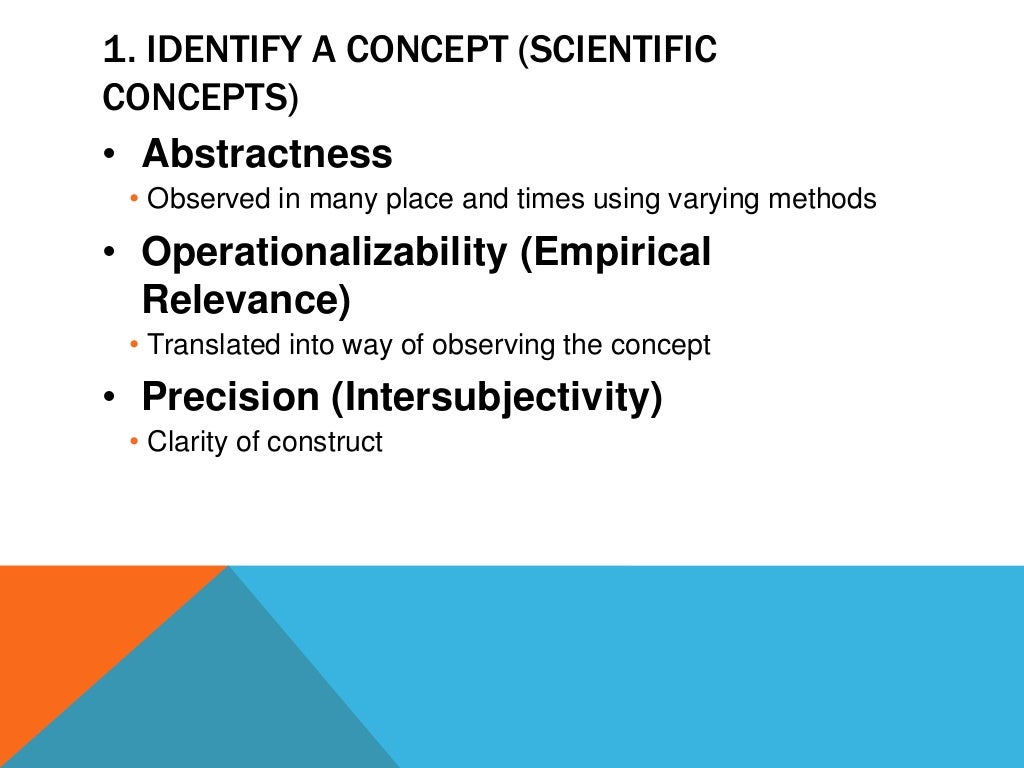
Scientific Concept
A scientific concept is a scientific theory or law that explains why and how a natural event or process occurs. Scientific concepts include mathematical formulas that explain or consistently describe natural phenomena. Some examples of simple scientific concepts include organization, diversity and change. Organization refers to the ability to.
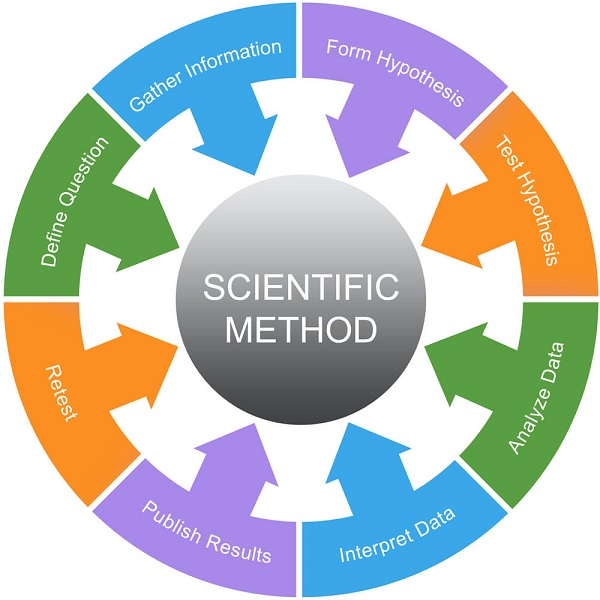
Which Best Describes the Basic Steps of the Scientific Method
scientific method, mathematical and experimental technique employed in the sciences. More specifically, it is the technique used in the construction and testing of a scientific hypothesis. The process of observing, asking questions, and seeking answers through tests and experiments is not unique to any one field of science.

Scientific Law Definition and Examples
scientific theory, systematic ideational structure of broad scope, conceived by the human imagination, that encompasses a family of empirical (experiential) laws regarding regularities existing in objects and events, both observed and posited. A scientific theory is a structure suggested by these laws and is devised to explain them in a.
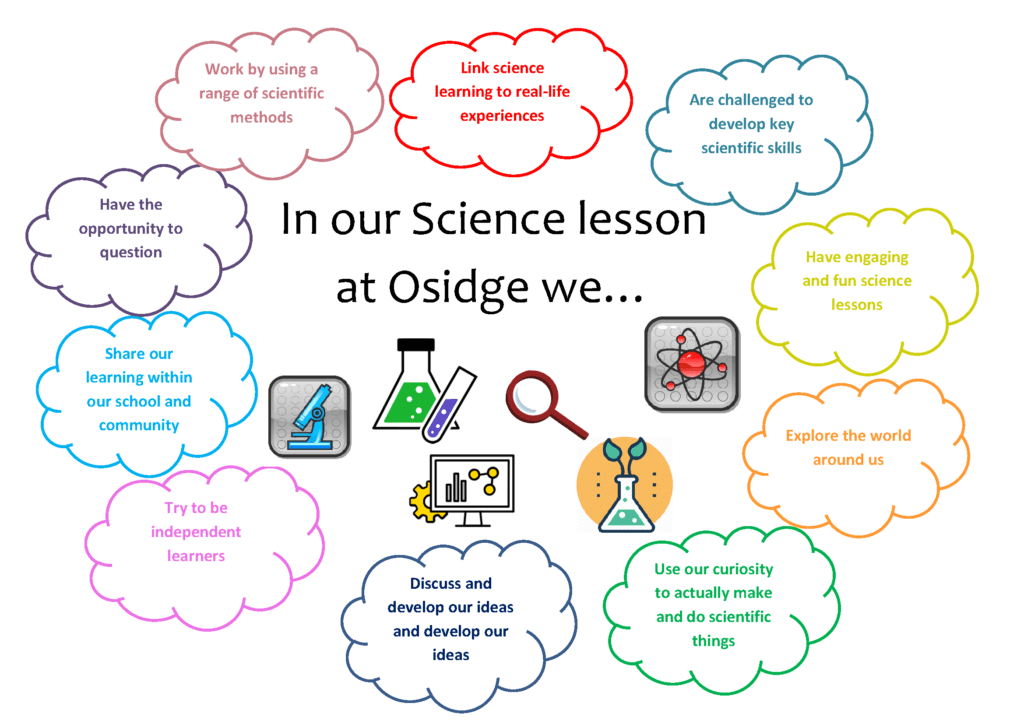
Science Osidge Primary School
Scientific concepts The natural sciences involve the study of the natural world, in order to describe, understand and explain natural phenomena. In one sense, everything in the universe can be understood as 'natural', but by convention the products of human culture are seen as concerns of the humanities and social sciences and not studied in.

LESSON 3 ELEMENTS OF SCIENTIFIC RESEARCH CONCEPTS, CONSTRUCTS AND VARIABLES YouTube
Science is a systematic and logical approach to discovering how things in the universe work. Scientists use the scientific method to make observations, form hypotheses and gather evidence in an.

A schematic of the scientific method. Download Scientific Diagram
Abstract. This chapter describes three different approaches to the philosophical study of concepts: The semantic approach, which is concerned with the semantic content of scientific concepts, the cognitive approach, which views scientific concepts as psychological entities and brings the psychological research on lay concepts to bear on.
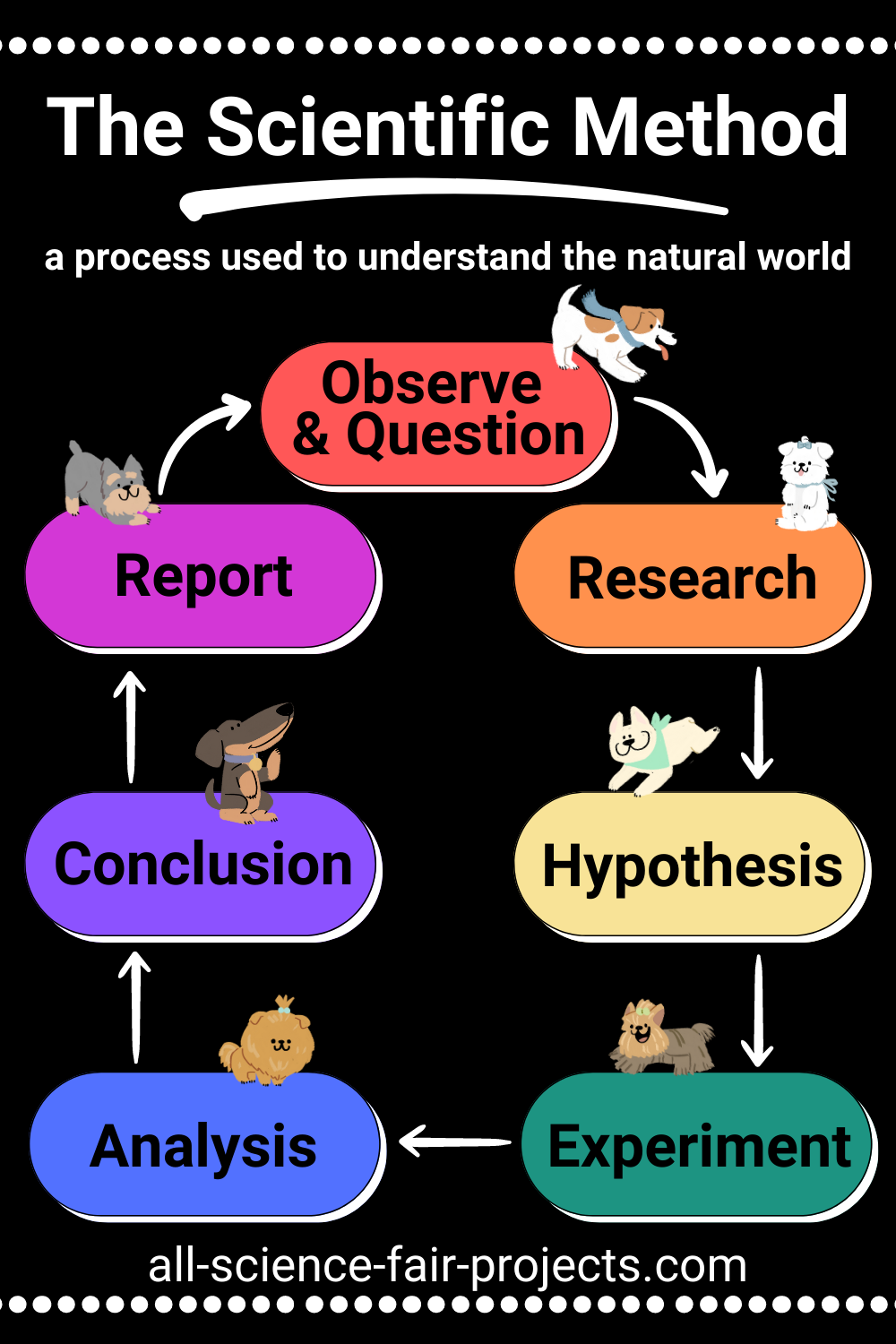
The Scientific Method Guide 7 Steps of the Scientific Method, An Example & The History
Science as a collective institution aims to produce more and more accurate natural explanations of how the natural world works, what its components are, and how the world got to be the way it is now. Classically, science's main goal has been building knowledge and understanding, regardless of its potential applications — for example, investigating the chemical reactions that an organic.

What is Science? Basic Concepts YouTube
Science topics are themes or areas of interest - like bees or volcanoes - that are regularly taught as units of study. Science concepts are the big ideas in science. For example, the topic of volcanoes is underpinned by science concepts that include tectonic plates, waves, energy, and force and movement. Understanding science concepts is.
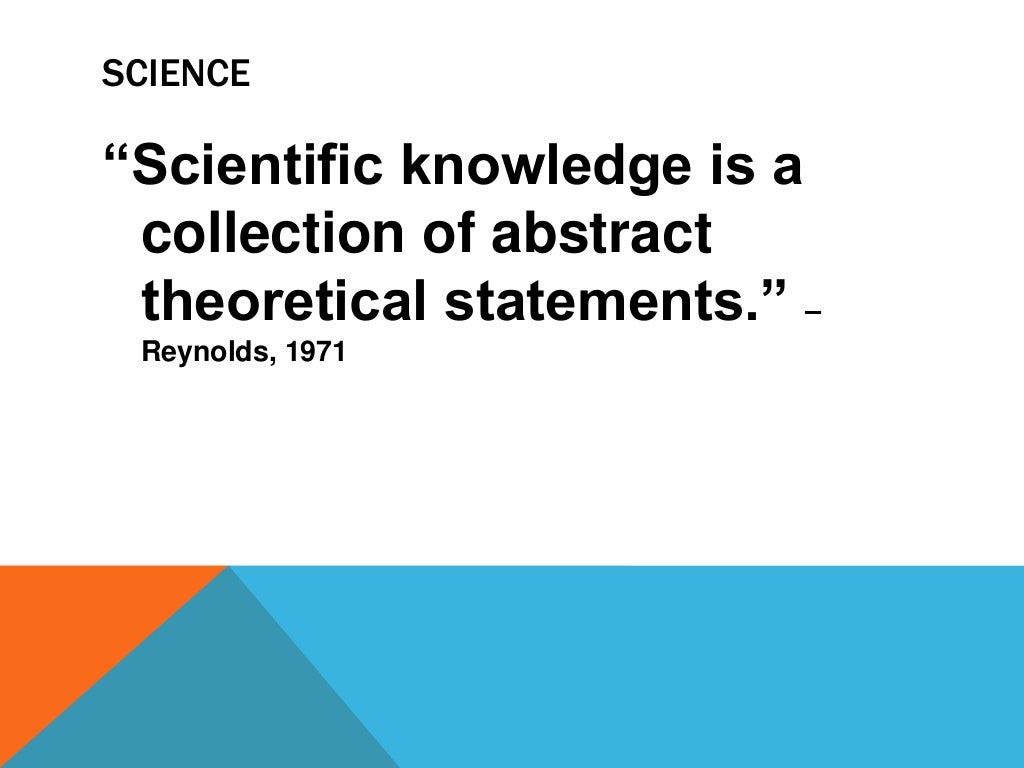
Scientific Concept
Scientific concepts aid in defining a procedure or the nature of an object. A concept in science is an idea that cannot be observed. However, when a scientific concept applies to a process or.
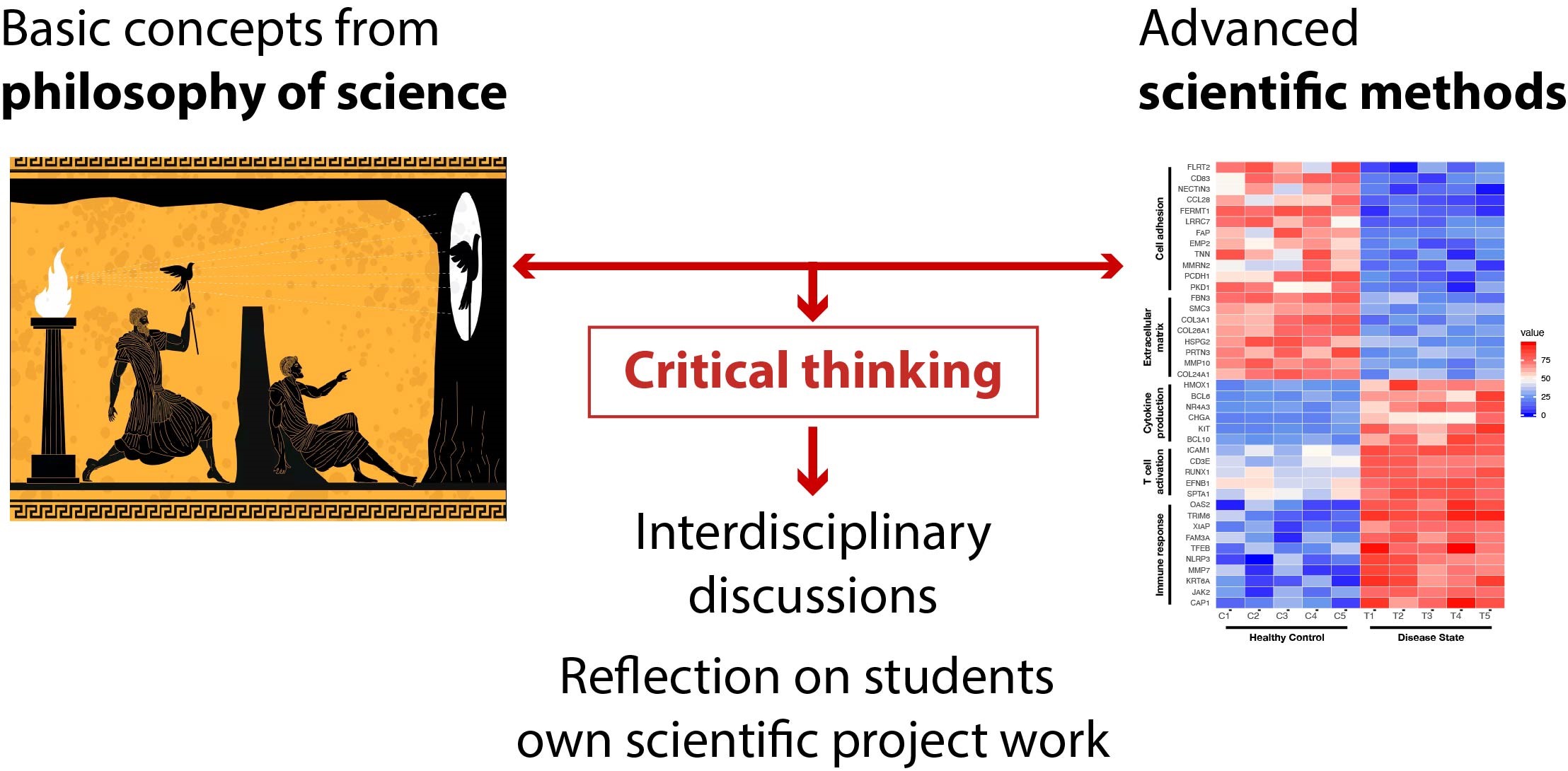
Scientific Concepts and Methods Department of Chemistry and Applied Biosciences ETH Zurich
Science is a way of learning about what is in the natural world, how the natural world works, and how the natural world got to be the way it is. It is not simply a collection of facts; rather it is a path to understanding. Science focuses exclusively on the natural world and does not deal with supernatural explanations.

The Scientific Method Scientific method, What is research, Scientific method of research
A principle is defined as a culmination of the scientific laws and theories that have been previously studied. The terms principle and law are sometimes used interchangeably because both result in true predictions of natural phenomena over a large period of time. Scientific principles are based on laws. These concepts are built on rules assumed.
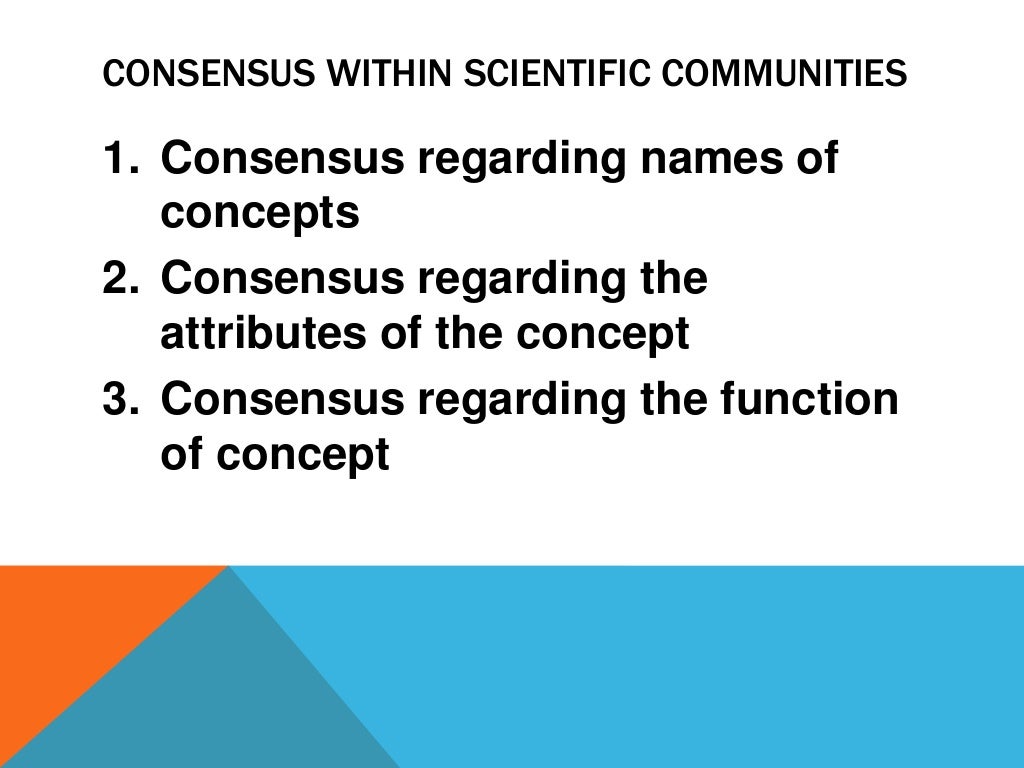
Scientific Concept
3. Open the curiosity gap. Young people are naturally curious. As science teachers, we can use this to our advantage at the start of the lesson. Show the students something interesting that will make them curious about the topic and keen to find out more (e.g. the aftermath of the nuclear explosion at Chernobyl).
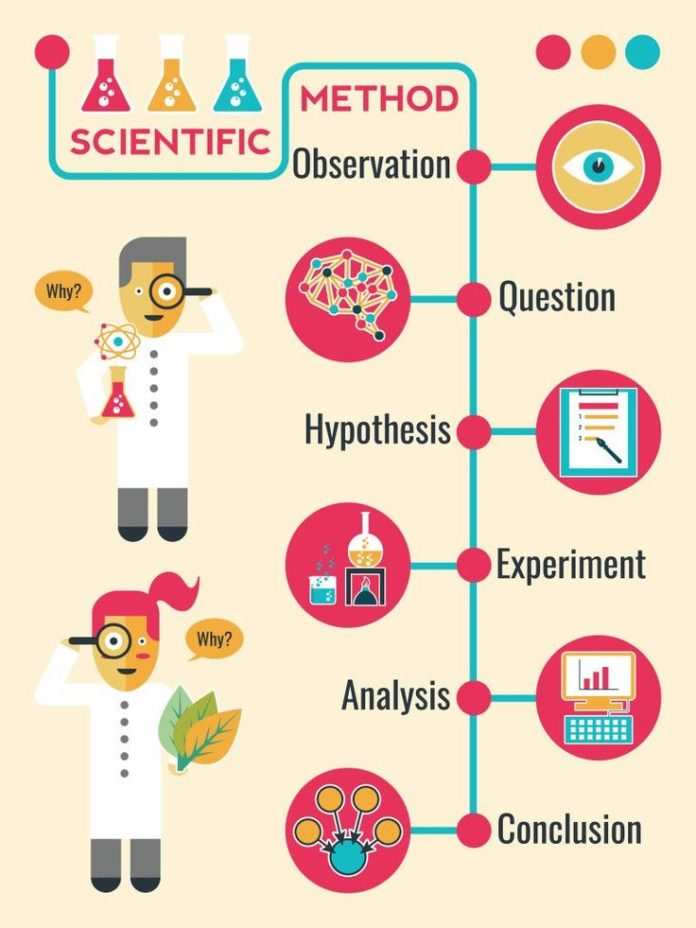
Science infographic Science Design Scientific Method Illustration of Scientific Method
Science is a way of discovering what's in the universe and how those things work today, how they worked in the past, and how they are likely to work in the future. Scientists are motivated by the thrill of seeing or figuring out something that no one has before. Science is useful. The knowledge generated by science is powerful and reliable.

Example concept map showing relationships between terms related to the... Download Scientific
Scientific concepts can be described as systematic mental representations of the natural world, and they have a central place and role in science. They may correspond to observable entities (e.g., "mammal" or "mountain"), to unobservable entities (e.g., "atom" or "gene"), or they can be related to processes (e.g.
- The Order Of The Thistle
- 12 Clear Mountain Road Cashmere
- Upcoming Citizenship Ceremonies 2023 Gold Coast
- Love Island Uk 9 Now
- Olympique Lyonnais Féminin Vs Fc Nantes Féminines Stats
- Selling Houses Australia Redland Bay
- Kaise Mujhe Tum Mil Gayi Serial Written Update
- Top Hotels In Beverly Hills
- Weather For Majorca In September
- Na Umar Ki Seema Ho Written Updates
